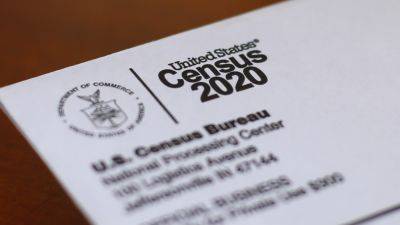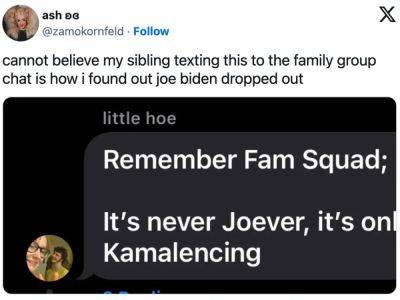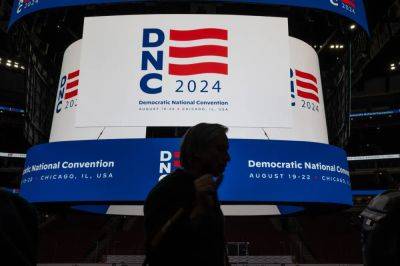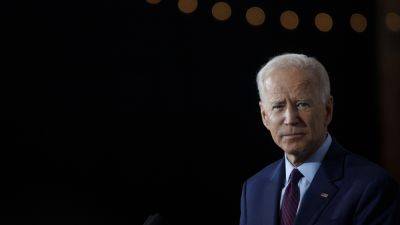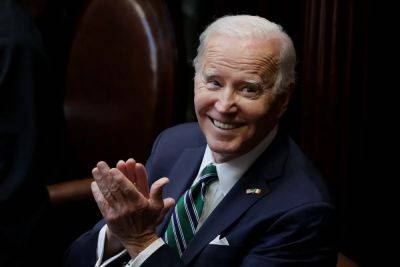When I Visited South Korea Last Year, My Blended Identity Complicated Everything
If you’d asked me just five years ago if South Korea was a tourist-friendly place for visitors who don’t speak Korean, I probably would’ve said no. But today, I’d answer much differently. Oddly enough, I’d say it can be more beneficial if you don’t look Korean and don’t speak the language.
Over the past couple of decades, the global rise of Korean pop culture — known as the “Korean wave” or “hallyu” in Korean — has gradually turned South Korea into a prime tourist destination. Even once-empty landmarks like Seoul’s Gyeongbokgung Palace are now teeming with tourists, some of whom can be seen strolling around in rented hanboks (traditional Korean clothing), seemingly living out their K-drama fantasies.
In response to this growing influx of foreign visitors, South Korea has recently stepped up its efforts to welcome them and cater to their K-culture obsessions. K-drama-themed toursallow participants to visit the filming locationsof popular Korean TV shows; cute cafesblast K-pop music; and K-pop exhibitshave cropped up all over the country.
Seoul, in particular, has become a “K-pop-inspired shopping paradise for tourists” in many ways, as I’d predicted in a 2020 Rolling Stone essay . Last year, Korean cosmetics retailer Olive Young revamped one of its Seoul locations into a store geared toward foreigners , citing that 90% of the branch’s clientele were customers from abroad.
This is all great news for international travelers eager to explore the birthplace of K-pop, K-dramas and K-beauty. But curiously, I’ve noticed that I, a Korean American, don’t usually receive the same special treatment afforded many other visitors who obviously look foreign. On my trip to Seoul and Busan last October, I experienced firsthand how my



